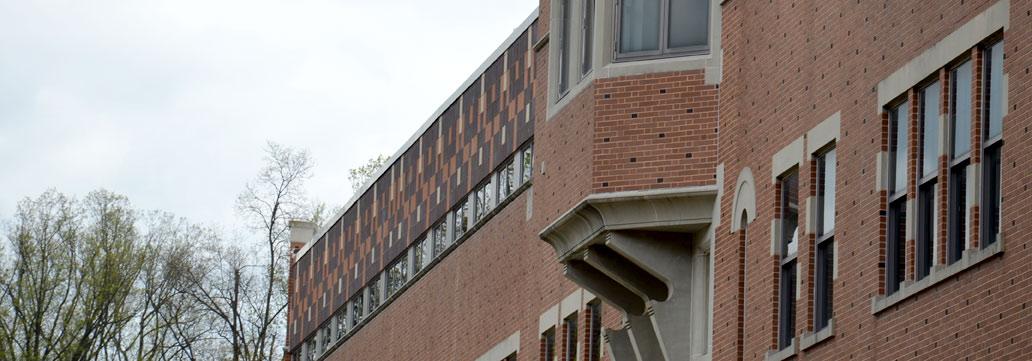
Judicial Process
Notification of Disciplinary Actions and Decisions
Appropriate University officials and campus departments shall be notified of the outcome of the disciplinary proceeding. When a student is charged with a violation of the Code of Student Conduct, the student should expect to be contacted by the dean of students regarding hearings. All notifications to students of a hearing regarding his or her alleged violation(s) will be made through the student’s official Lincoln email; however, a student’s failure to check their email is not an excuse for failure to appear at the hearing and does not entitle the student to a postponement. If a student fails to appear before the Student Conduct Board after proper notice has been given or attempted, the hearing will nonetheless proceed.
DISCIPLINE HEARING PROCEDURES
The basic procedures include the following:
- The presiding officer calls the session to order and asks each person in the room to introduce himself or herself and state his or her reason for being at the hearing (e.g., board member, respondent, witness).
- The presiding officer asks the respondent and the complainant if they challenge the objectivity of any member of the Student Conduct Board. If so, the party must state the reason(s). The board will meet in a non-public session to consider the challenge and determine whether or not the member should hear the case.
- The presiding officer reads the charges and specifications to the charge(s) from the incident report. The presiding officer asks the respondent to respond to each charge (responsible or not responsible).
- The respondent and the complainant are given an opportunity to give an opening statement.
- The respondent and the complainant may give his or her explanation of the events surrounding the charges. The members of the board then may question the students. Each student should be given the opportunity to provide the presiding officer with questions to ask the others involved in the case.
- The presiding officer in his or her discretion may limit the number of eyewitnesses that may be heard, and to require all other witnesses to submit their statements in writing. Both sides have, at this time, the right to cross- examine, by providing the presiding officer with questions, the witnesses, and to examine any documents before being received into evidence. No member of the staff, faculty, or administration of Lincoln University may be called as an expert witness. However, staff, faculty, and administrators may serve as character witnesses or references.
- The respondent and the complainant present the facts and evidence that support his or her case.
- The respondent and the complainant shall be given an opportunity to make a closing statement.
- The board will make its deliberations in a closed non-public session.
- The board will then render its decision with the charges against the student established by a majority decision given a “preponderance of the evidence.
- The accused student normally will receive the decision in writing within three to five (3-5) business days.
- There shall be one single verbatim digital recording of all hearings before a Student Conduct Board panel, excluding deliberations.
- The Student Conduct Board may accommodate concerns for the personal safety, well-being, and/or fears of confrontation of the complainant, respondent, and/or other witnesses during the hearing by providing separate facilities, and/or permitting participation by telephone, video conferencing, or other means as determined in the sole judgment of the student conduct administrator.
- Hearings are not open to the public, except the respondent or complainant may be accompanied by their parents, spouse, or an advisor for support. If the student’s advisor is an attorney, special permission from the vice president for student success or his or her designee must be obtained. The role of parents, spouses, advisors, and attorneys is limited. Since conduct hearings are not a courtroom proceeding, but rather part of the University’s efforts to provide a healthy living/learning environment, attorneys and other support persons are not permitted to question witnesses, make statements or otherwise participate in the hearing process. If they fail to act by these procedures, they will be barred from the proceedings. When the student has been granted permission to have an attorney present, the University attorney will also be present.